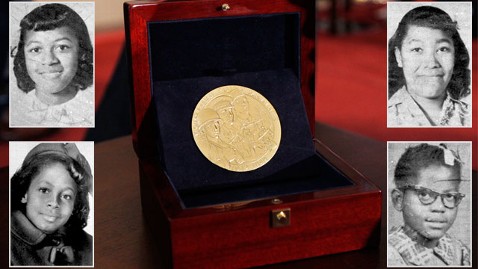ENTER AS Alice
Rd Ch 1 and 2
Pause for a summary of the major conflicts and events:
—the invitation and losing her job
—the laptop and Ricky’ visit
Rd Ch 22, 25, 26
Discussion: Helen as linear narrator
What’s like me, what’s different
Vertical 4-D writing
What I learned here
What I take home
Tanya
2 weeks before I can write again!
And this was my prayer:
I’ve been thinking a lot about how narrative writing grows. In my novel Alice in Wonder, I started with my own solo performances, making the character I once played be the core persona of the drama in a semi-autobiographical semi-historical novel.
I made her 10 years older than me and financially independent. I replaced my life as a teacher with hers as a storyteller. I replaced my need to reveal what radical feminist community was all about with her reluctance and resistance to returning there—but otherwise we share a lot. I was involved with women’s communities and did find Quakers first at the Women’s Encampment for a Future of Peace and Justice. Alice’s lovers are quilted from my own and those of my friends. Her experience working on racism and discovery of her own racism are my own. My own spiritual life has deepened by exploring hers.
Here at Pendle Hill, I continued to write in a linear narrative, letting Alice’s conflicts and catastrophes lead me forward, but as I worshipped more and more I began to write vertically as well as horizontally, as if I were switching to 4-dimensions and exploring the depths and dimensions of single moments. I hope the chapter I read aloud illustrates that.
Essential elements of my time here included leaving home and its involvements, joining daily worship and starting daily prayer in three different modes—silent, in writing and in color drawing. Also the food and its consistent scheduling--including my time with the kitchen crew around the dishwasher-- contributed a lot. My weekly consultations with Jessie kept me on track, made me aware of creative patterns I can take home with me, and often eased anxiety as well. She’s careful to meet when she can be fully present. She’s a good listener and a skilled mentor.
Finally, the events I participated in and the people they brought me in contact with expanded me—including my lunchtime writing sessions, the three sessions of readings I did before this one, the Monday talks and book signings, the Commencement ceremony of Radical Faithfulness and last weekend’s full conference on Transformative Justice in Community. Wow. Without the residence program, I feared there might be too little conversation and dialectic, but in the end it was just right. I’m so happy that the last event of my residency will be Marcel Martin’s book signing event for Our Life is Love. That is providential!
According to Tanya Taylor Rubinstein, the Global Story Coach:
The world has conditioned us, whether we are coaches, writers, artists, business people or other kinds of creative folks, that we need to always be moving outward. [But] we don’t. [We can center and then] from a place of deep abundance, we truly can remain open, and receive what is meant for us. This is the point of attraction and power. It is not a passive path. It is not a hermit’s path either. It’s one of powerful intention and receptivity. And, it’s one of conscious awareness of being led by something greater than the individual self.I have been reflecting today on what I take away from Pendle Hill, and Tanya's assertion is one of them. To have a chance to learn this experimentally is a great blessing. One of the first things that Jesse said to me was that despite what I said I would be doing here, I should see what is on my heart right now and let it lead me.
I find I stop writing to pray often about both this world and the fictional one. I thrive in the writing cave and morning schedule I’ve made here and will build those in at home. I also take back with me the uses of my weekly check-in with Jesse and have begun to gather a spiritual support team to read my work, to ask me questions about both the work and the process of writing, and to worship with me. I think we’ll meet once a month. But I would love to hear from others about what they have found supportive.
Finally: It’ll be two weeks before I can return to writing. Obligations I’ve put off have crowded in—shopping Friday, sessions Saturday, Upper Dublin Sunday, Doctors Monday and Tuesday, and then Wednesday a drive to upstate New York family. It will be March 28th before I can become writer-in-residence in my own home! I have to look into this business and figure out a way to get a well-cooked meal at least once a week back here at Pendle Hill.
I’m hoping to finish Alice in Wonder this year, even if writing about her wonder leads me to more books or more wonders and avocations. I don’t know yet whether writing is the calling or the path to another calling.
But I thank God and everyone for this stop on the road.I will write more as way opens.





